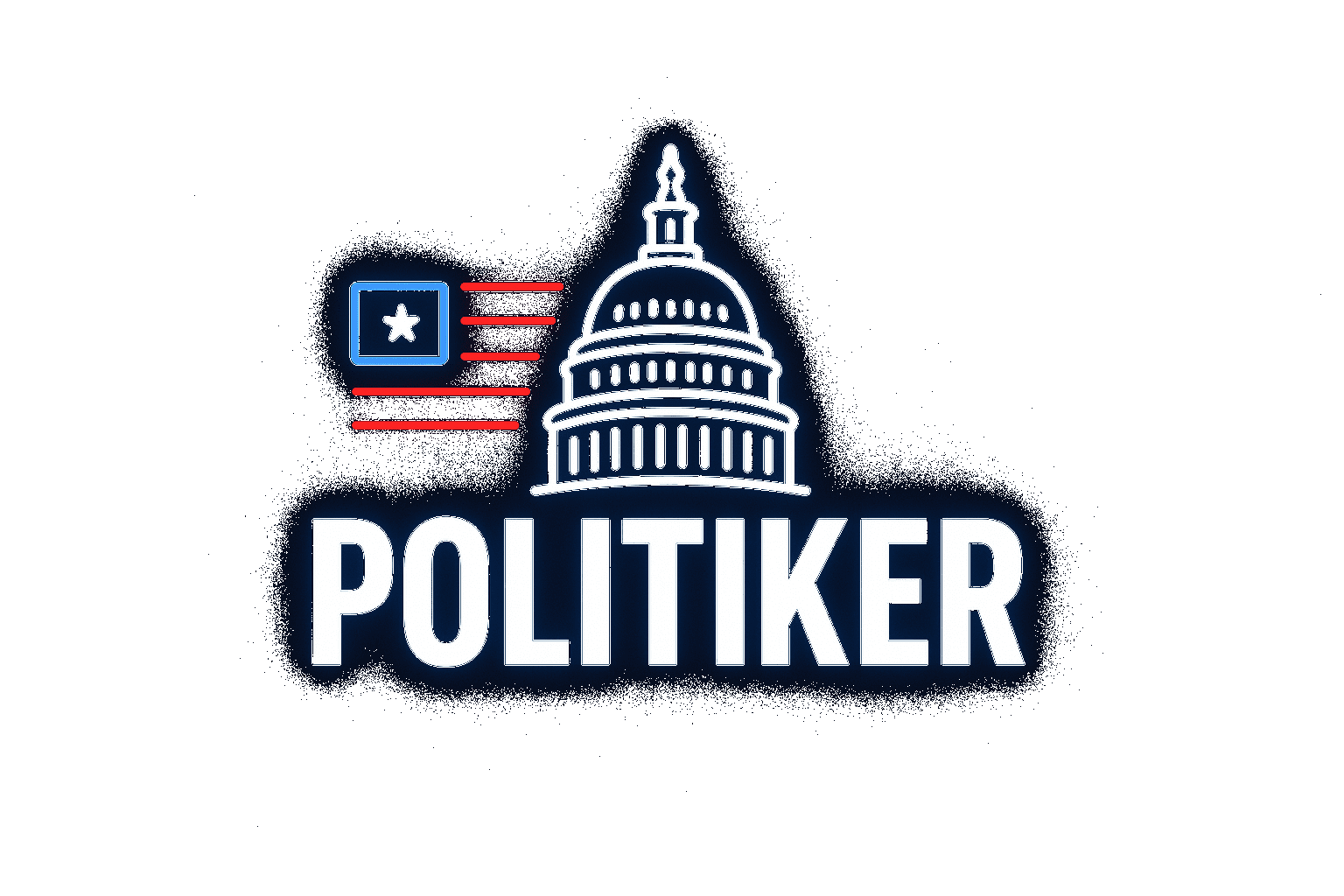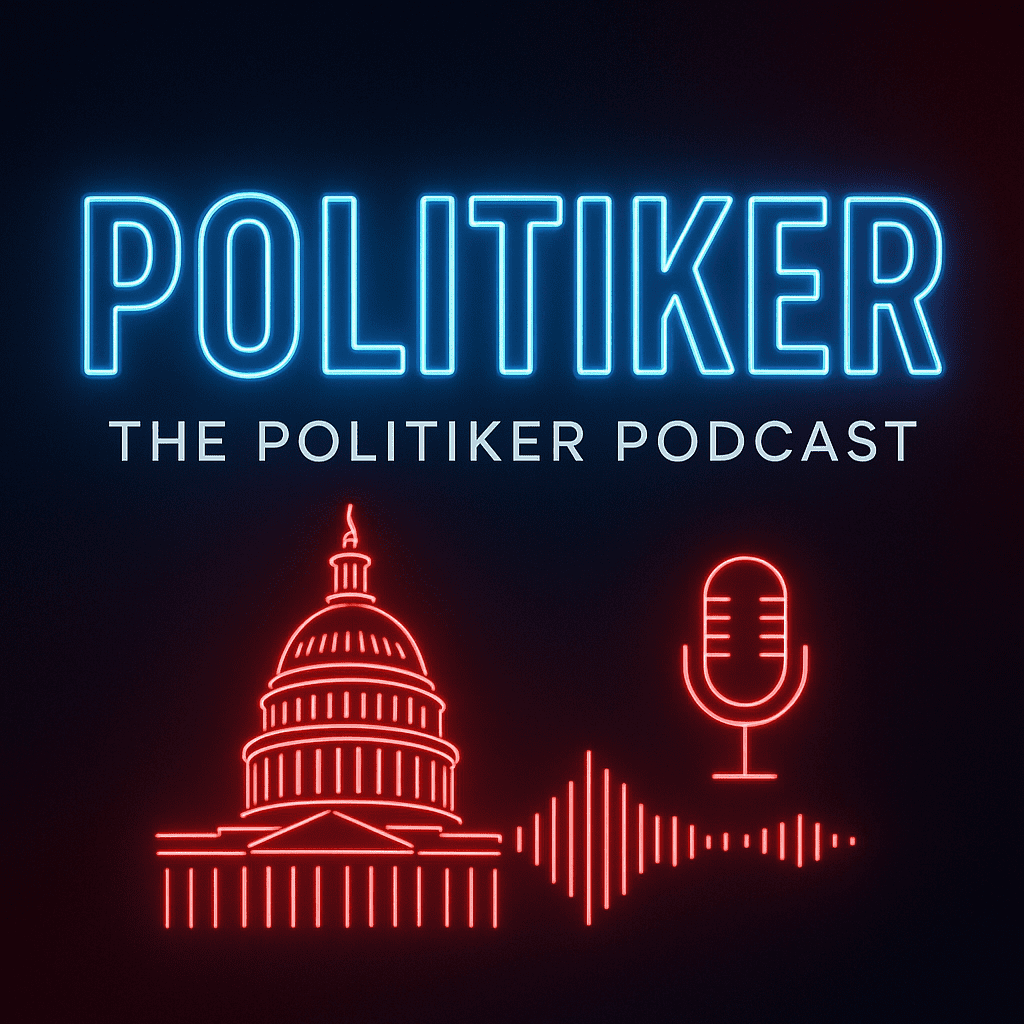Washington — Former FBI Director James B. Comey now stands at the center of a criminal case that legal experts say could become a defining test of President Donald J. Trump’s willingness to wield the Justice Department as a political weapon during his second term.
Federal prosecutors charged Comey earlier this month with two counts of making false statements to Congress, accusing him of lying in 2020 testimony about whether he authorized subordinates to leak information to the press about a politically sensitive investigation involving Hillary Clinton. The indictment, brought by the U.S. attorney’s office in the Eastern District of Virginia, relies on a rarely used legal theory and faces significant hurdles in court.
“It’s a better case for vindictive prosecution than almost anything I’ve seen,” said John Jones, a retired federal judge appointed by President George W. Bush. “The president himself keeps making statements that strengthen the defense.”
Mr. Trump has publicly called on Attorney General Pam Bondi to pursue criminal cases against a roster of perceived adversaries, including New York Attorney General Letitia James, California Representative Adam Schiff and former national security adviser John Bolton. After Comey’s indictment, the president predicted additional prosecutions of “corrupt, radical left Democrats,” a remark that critics say underscores his desire to punish political foes.
The case rests on Comey’s 2020 testimony before the Senate, when Senator Ted Cruz questioned whether he had “authorized someone else at the FBI to be an anonymous source in news reports” about an investigation tied to Mrs. Clinton. Prosecutors allege Comey falsely denied doing so, pointing to an unidentified “Person 3,” believed by many legal analysts to be Columbia law professor Daniel Richman or former FBI deputy director Andrew McCabe.
But the indictment is unusually vague. McCabe has acknowledged leaking information to The Wall Street Journal but says he never sought Comey’s approval, and the Justice Department’s own inspector general found McCabe misled investigators about the episode. Legal specialists say the government will have to prove that Comey not only deliberately misrepresented the facts but also knew the questioning covered individuals beyond McCabe — a difficult standard under the federal false-statements statute.
“The indictment doesn’t specify the conduct with the clarity the law requires,” said Randall Eliason, a former federal prosecutor. “If the question was ambiguous, proving a willful lie becomes nearly impossible.”
Comey’s lawyers are preparing to ask the court to dismiss the charges on grounds of vindictive prosecution, a rarely successful maneuver that claims a defendant is being targeted for improper political reasons. Historically, such arguments almost always fail because prosecutors are granted broad discretion. But Trump’s public remarks could make this case an exception.
“He’s made it so obvious that he’s targeting them, regardless of the evidence,” said Shira Scheindlin, a retired federal judge appointed by President Bill Clinton. “That could make a judge more receptive to the claim.”
The indictment followed months of turmoil inside the Justice Department. Erik Siebert, the U.S. attorney originally overseeing the investigation, resigned after resisting pressure to bring charges and was replaced by Lindsey Halligan, a Trump ally with limited prosecutorial experience. Similar personnel changes have surfaced in other politically charged prosecutions pursued by the administration, raising further questions about the department’s independence.
Even if the case survives pretrial motions, legal experts doubt it will succeed at trial. Section 1001 of the federal code, the statute used to charge false statements, requires proof that the defendant knowingly made a false and material statement. The ambiguous wording of Senator Cruz’s question — and the absence of clear evidence that Comey authorized any leak about Clinton while Richman was still affiliated with the FBI — may prove fatal.
Comey, who led the FBI from 2013 until Trump fired him in 2017, has long been a lightning rod in American politics. He angered Democrats for publicly criticizing Clinton during the 2016 election and enraged Trump by overseeing the Russia investigation. Since leaving office, he has become a persistent critic of the president, a posture that legal analysts say makes him an inviting target for retribution.
Comey is scheduled to be arraigned on October 9. His lawyers have said he denies the charges and “looks forward to vindicating himself in court.”
The case now before the Eastern District of Virginia is more than a test of one man’s fate. It poses a critical question for the federal judiciary: whether judges will enforce limits on a president who has repeatedly signaled his willingness to use criminal prosecutions to settle political scores.
“This is about more than James Comey,” Judge Jones said. “It’s about whether the courts are willing to draw a line and say the Justice Department cannot be turned into a political weapon.”




